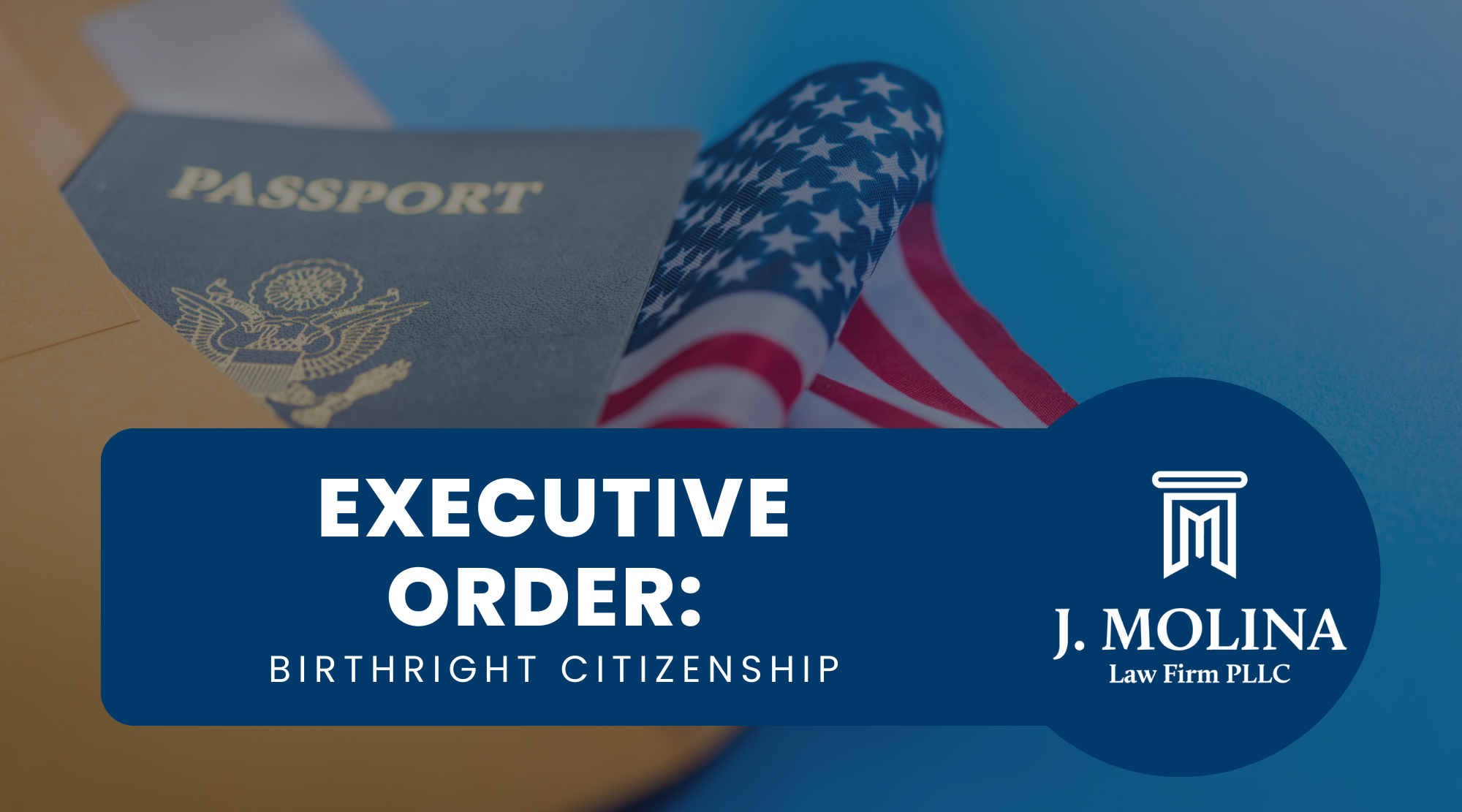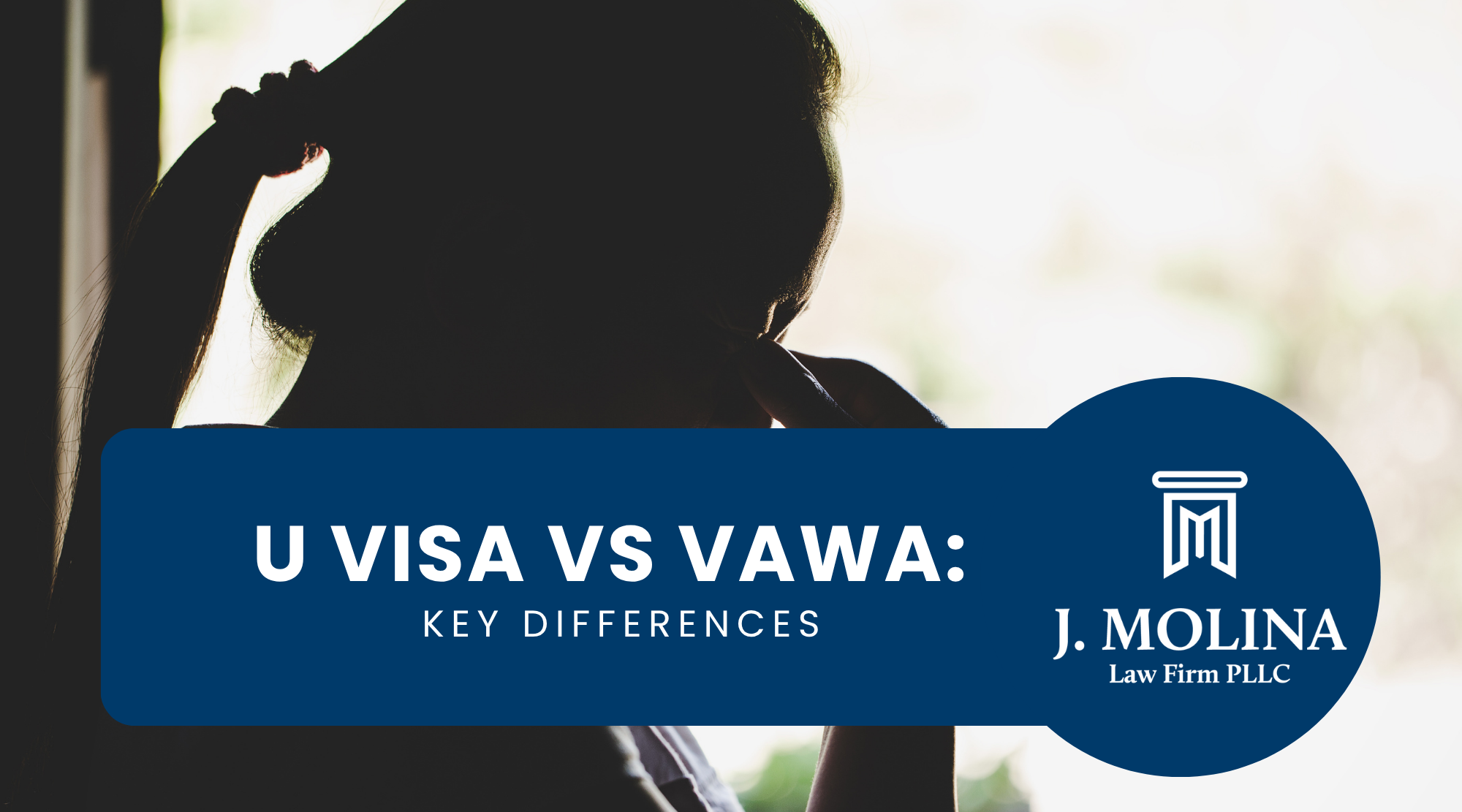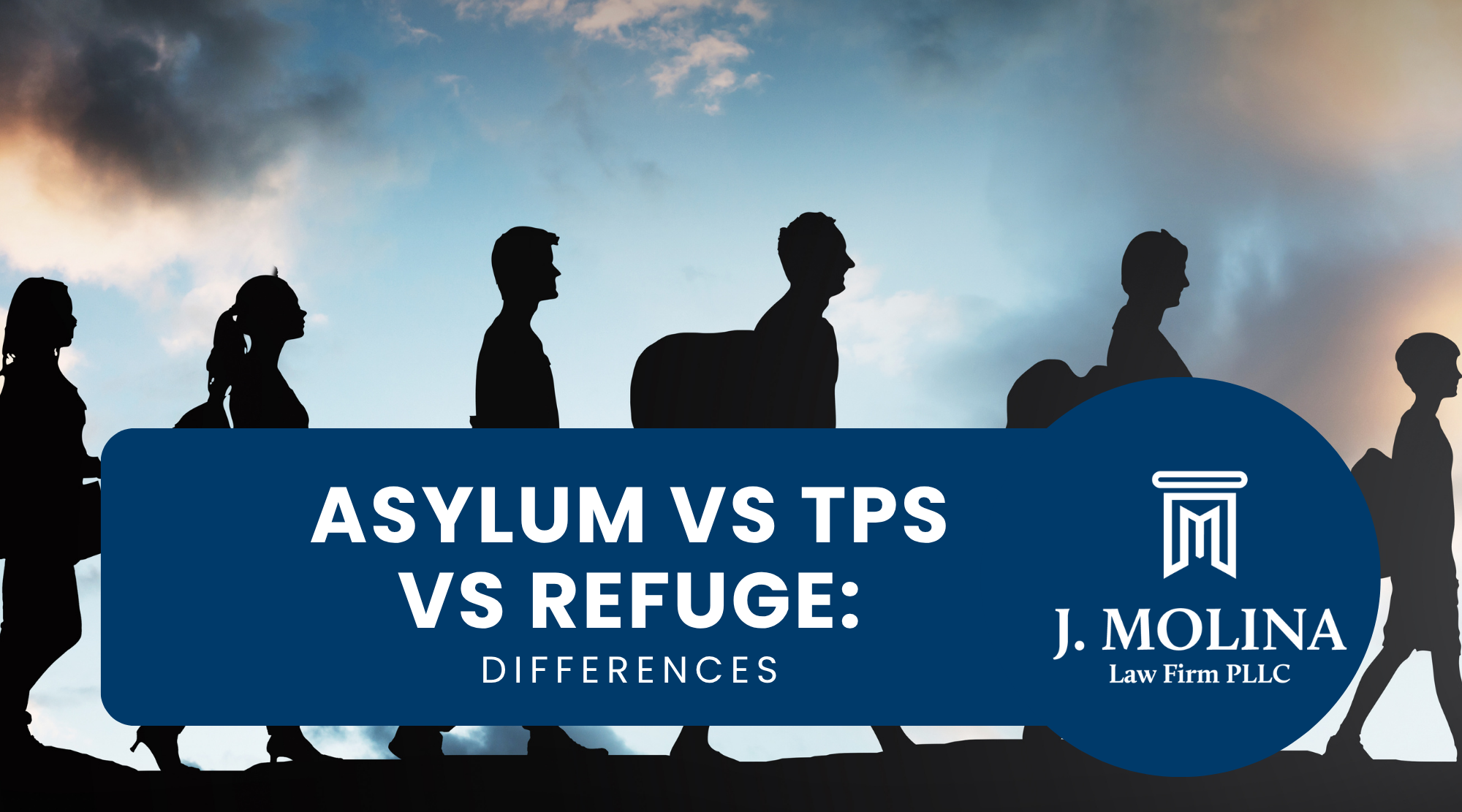Birthright citizenship has been a fundamental part of American law for over a century. Under the 14th Amendment of the U.S. Constitution, anyone born on U.S. soil is automatically a U.S. citizen, regardless of their parents’ immigration status. This principle has provided security and stability for millions of families across generations. However, a recent executive order issued by former President Donald Trump aimed to change this long-standing policy, sparking legal battles and uncertainty for many.
Trump’s Executive Order to End Birthright Citizenship
In an attempt to limit immigration, Trump signed an executive order seeking to end birthright citizenship for children born in the U.S. to non-citizen parents. The order argued that the 14th Amendment should not apply to individuals whose parents are undocumented immigrants or on temporary visas. However, this interpretation goes against well-established legal precedent and has faced significant opposition.
Who is Affected?
If enforced, this executive order would primarily affect children born to non-citizen parents, including undocumented immigrants, temporary visa holders, and possibly even some legal permanent residents. These children, who would have previously been granted automatic citizenship, could now face legal uncertainty about their status. This change could also impact U.S.-born children when applying for passports, Social Security numbers, and other essential documents. Additionally, this policy raises concerns for families, as it could lead to an increase in stateless individuals—children who belong to no country.
Legal Implications and Consequences
Legally, the executive order conflicts with the U.S. Constitution and Supreme Court rulings that have consistently upheld birthright citizenship. Several federal judges have already blocked its implementation, citing violations of the 14th Amendment. If the order were to be enforced, it would likely face lengthy legal challenges and eventually be reviewed by the Supreme Court.
Beyond the legal battles, ending birthright citizenship could create a bureaucratic nightmare. Without automatic citizenship, U.S.-born children of non-citizen parents would need to apply for citizenship through complex legal processes, leading to an increase in immigration cases and government backlogs. It could also deepen fear and uncertainty within immigrant communities, discouraging people from seeking necessary legal assistance or healthcare for their children.
What You Can Do
The future of birthright citizenship remains uncertain as courts continue to review the legality of Trump’s executive order. If you or a loved one are concerned about your child’s citizenship status, it’s essential to seek legal guidance as soon as possible.
At J. Molina Law Firm, we are dedicated to helping immigrants understand their rights and navigate the complexities of immigration law. Contact us today for a consultation and let us help you secure your family’s future.



